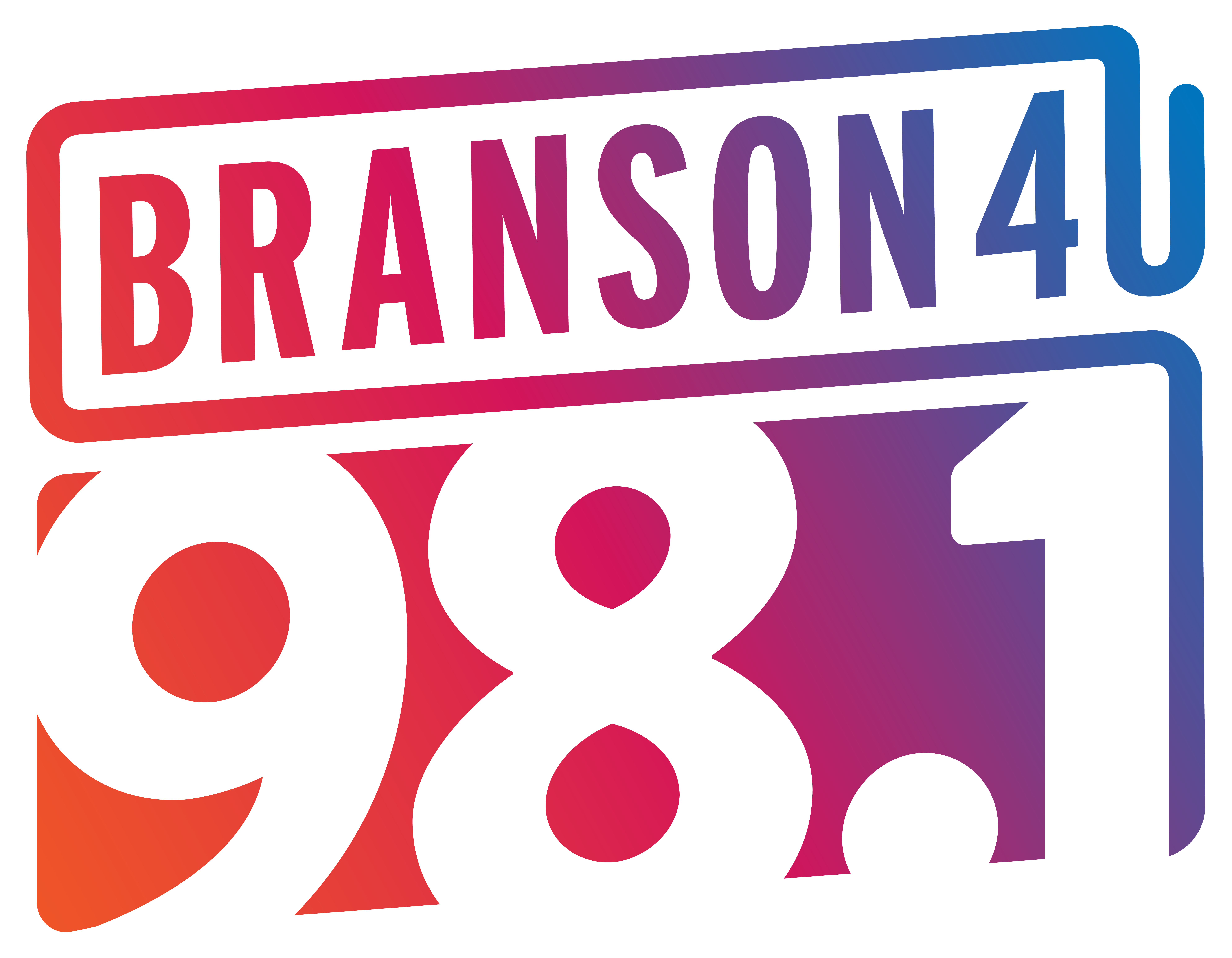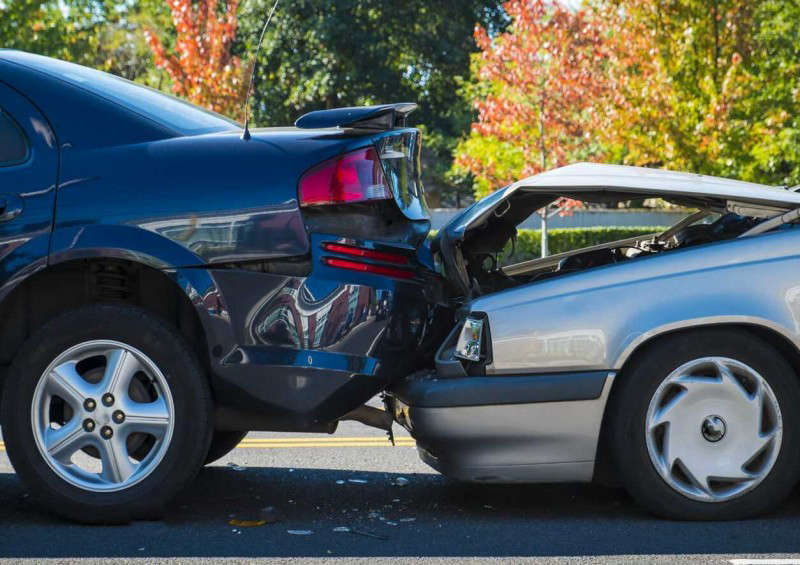
Expert Insights from Ken Ciesliniski of Ken's Collision Center
Understanding Vehicle Frame Damage: Expert Insights from Ken Ciesliniski, Owner of Ken's Collision Center in Cassville, Mo.
In the unfortunate event of a serious automobile accident, one of the immediate concerns should be the potential for frame damage to your vehicle. But what exactly is vehicle frame damage, and why is it a challenging issue to repair? Ken Ciesliniski, the owner of Ken's Collision Center, provides expert insights on this critical topic.
What Is Frame Damage on a Car?
Frame damage in the context of a car typically refers to any damage that affects the vehicle's chassis or frame. It can be caused by disrepair or collisions, and the extent of the damage can vary greatly. A damaged chassis can pose significant safety risks and make a vehicle unsafe to drive, particularly if it impacts the structural integrity of the vehicle.
Minor frame damage might involve issues like paint scratches or small dents, which do not directly affect the vehicle's structural support. In contrast, major frame damage significantly impacts the vehicle's main structural support, which could include crumpled panels and bent beams.
Types of Car Frames
To understand car frame damage better, it's essential to consider the types of car frames. The car frame, also known as the chassis, is typically constructed from materials like steel or aluminum. Its primary functions are to support the vehicle's mechanical components, bear the vehicle's weight, maintain the vehicle's shape, and protect occupants in the event of a collision.
There are two main categories of car frames, which react differently to collisions:
1. Body-on-Frame: This design consists of a body attached to a separate structural frame that carries both the suspension and powertrain. The body is essentially placed on top of the frame and is often bolted to it. Body-on-frame designs, such as ladder frames, backbone chassis, and platform frames, are more resilient to frame damage as they withstand the impact.
2. Unibody: Unibody frames, as the name suggests, unite the vehicle's body, floorboards, and key elements for structural support and crash protection into a single structure. The frame and body are integrated, designed to crumple and absorb impact forces, ultimately enhancing passenger safety. Most modern passenger cars utilize a unibody design.
Types of Car Frame Damage
Car frame damage comes in various forms, with the three primary types being twisted frame, mash damage, and sway damage:
1. Twisted Frame: Identifying a twisted frame can be challenging. Signs may include a vehicle leaning in unusual directions, body panel gaps, and uneven tire wear.
2. Mash Damage: Mash damage often results from head-on or rear-end collisions, causing the frame to compress like an accordion, making it shorter. This type of damage can even occur in low-speed collisions.
3. Sway Damage: Sway damage typically occurs when a car is hit on the corner or T-boned, causing the frame to bend either left or right. This can make driving straight a challenge, leading to vibrations and potential driveshaft issues.
Symptoms of Frame Damage on a Car
It's crucial to have your vehicle assessed after any accident, as a mechanic can best diagnose frame damage. However, there are symptoms you might notice, including:
Body Panel Gaps and Misalignment: Uneven gaps and misalignment of body panels, doors, or the trunk lid can indicate frame damage.
Unusual Tire Wear: Frame misalignment can lead to uneven tire wear, affecting your vehicle's handling.
Uneven Suspension: If your vehicle appears off-kilter, with one side or corner drooping more than others, it may indicate frame damage.
Visible Damage: Obvious dents, bends, and creases in the frame structure are clear indicators of frame damage.
Steering Problems: Difficulty steering, with the vehicle leaning to one side, could result from frame damage affecting wheel alignment.
Unusual Shaking: Frame damage can lead to unusual shaking or a bumpier ride than usual.
Problematic Handling: A compromised frame can negatively affect your vehicle's handling, making it challenging to control.
Concerning Sounds: Various sounds, such as rattling, humming, grinding, or knocking, could point to frame damage.
Ken Ciesliniski and his team over at Ken's Collision Center advise that addressing frame damage promptly is essential for both safety and the overall health of your vehicle. If you suspect frame damage, seeking professional assistance and repair is crucial to ensure your vehicle remains safe and roadworthy.


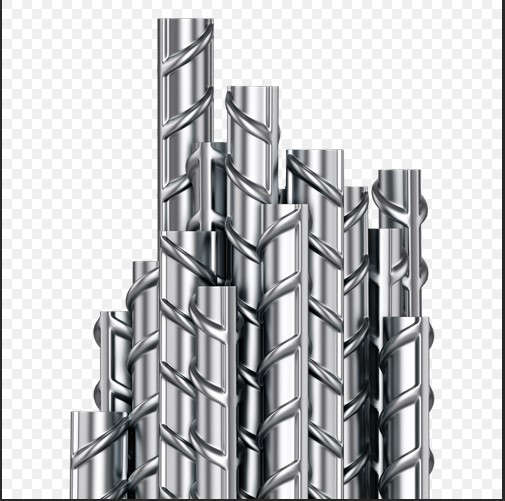 Pioneering Quality in the Steel Industry
Pioneering Quality in the Steel Industry
 Can a Contractor Take Over Your Home
Can a Contractor Take Over Your Home
 Frozen Pipes, Hot Water Heaters, and Dishwasher Mishaps
Frozen Pipes, Hot Water Heaters, and Dishwasher Mishaps
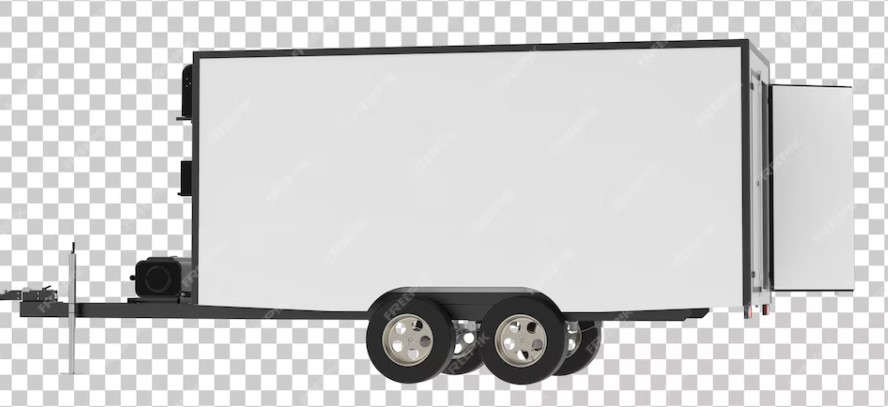 Choosing the Right Trailer: A Comprehensive Guide
Choosing the Right Trailer: A Comprehensive Guide
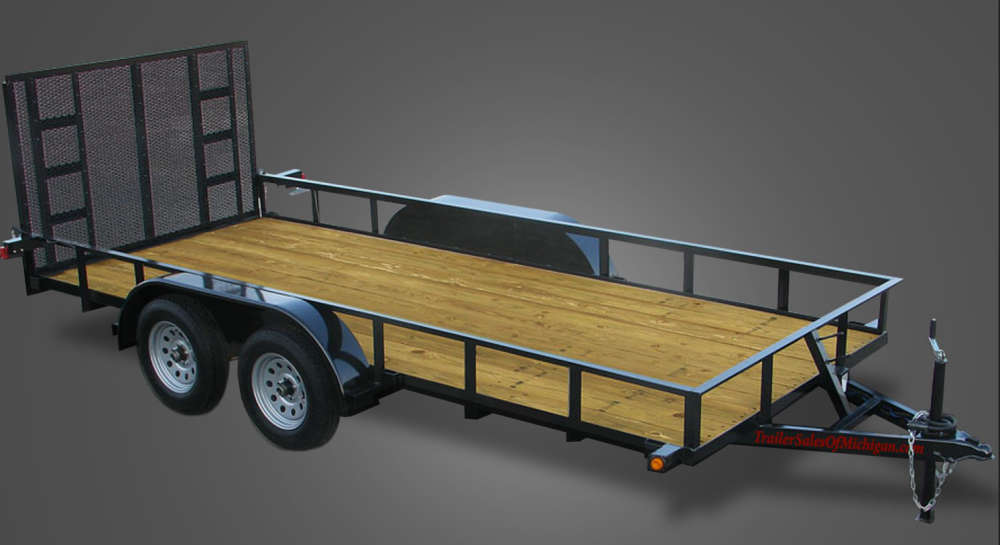 Maintaining Your Trailer
Maintaining Your Trailer

